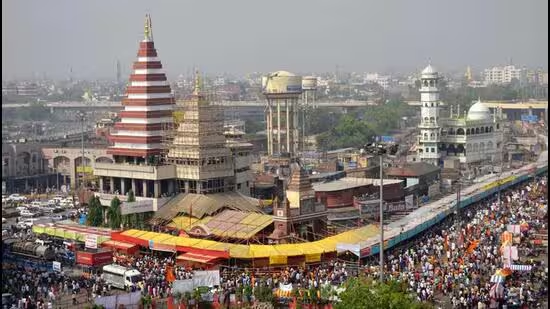

Patna, one of the world’s oldest continuously inhabited cities, is named after a trumpet-shaped yellow flower (Patali). Over 2,000 years ago, it transformed from a village (Pataligrama) into an imperial capital. Puranic legends ascribe its founding to King Putraka, who named it after his queen Patali, following the birth of their firstborn son.
Historical evidence suggests Ajatshatru (5th century BCE), the patricidal son of Bimbisara of the Haryanka Dynasty, likely founded the city. Ajatshatru, believed to have been a contemporary of Mahavira and the Buddha, shifted his capital from Rajgir to Pataligrama, and its name changed to Pataliputra.
Patna remains important in today’s politics as the capital of Bihar. It was the setting for one of the most significant events
For clarifications/queries, please contact Public Talk of India at:
+91-98119 03979 publictalkofindia@gmail.com

For clarifications/queries,
please contact Public Talk of India at:

